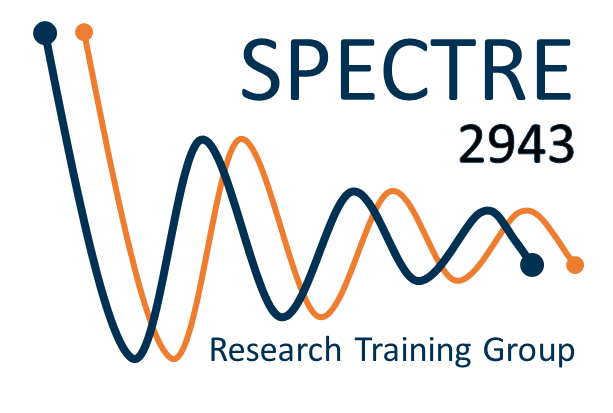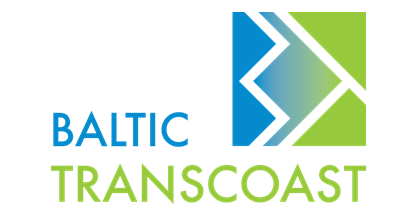The German Research Foundation (DFG), a registered association, is dedicated to serving science in all its branches in accordance with Article 1 of the DFG Statutes. The financial support of research, the support of national and international cooperation, the funding and qualification of young scientists as well as the support of equality in science are central concerns of the DFG. The DFG provides advice to political decision-makers, links research with society and industry, and offers a broad funding portfolio consisting of funding instruments with different objectives. Depending on the funding program, institutions or individuals are eligible to submit proposals. The DFG also distinguishes between funding areas such as person, topic, forum and infrastructure. In addition, the DFG awards scientific prizes.
Of particular importance in terms of higher education policy are collaborative projects that serve to establish the focus and structure of the scientific institution in terms of subject or research infrastructure. These include collaborative research centers (SFB), research training groups (GRK), research centers as well as large-scale facilities and national research data infrastructures.
At the University of Rostock, the CRC 1270 ELAINE, the CRC 1477 LiMatI, the RTG 2000 Baltic TRANSCOAST and the RTG 1887 Deutungsmacht are currently funded by the DFG. Furthermore, the FOR 2440 Matter Under Planetary Interior Conditions - High Pressure, Planetary, and Plasma Physics and the SSP 1158 Antarctic Research with Comparative Investigations in Arctic Ice Areas are coordinated from the University of Rostock. The University of Rostock is involved in a National Research Data Infrastructure NFDI4Cat. In addition, the University of Rostock is involved in other SFBs as well as research groups and focus programs.
Funding programs such as Walter Benjamin, research fellowships, Emmy Noether and Heisenberg are primarily aimed at scientists at different career stages and are dedicated to their continuous development.
An overview of ongoing as well as already expired funding of selected DFG projects can be found on this page.
Collaborative research projects
current funding
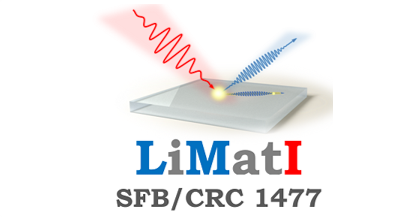
CRC 1477: Light-Matter Interactions at Interfaces (LiMatI)
Spokesperson: Prof. Dr. rer. nat. Dieter Bauer
since January 2022
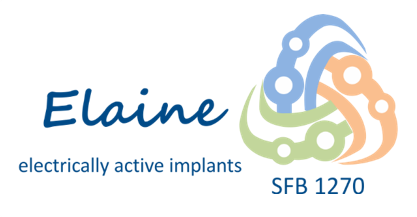
CRC 1270: Electrically Active Implants (ELAINE)
Spokesperson: Prof. Dr. rer. nat. Urslua van Rienen
since July 2017

TRR 386: HYP*MOL – Hyperpolarization in molecular systems (Participation)
Applying institution: Universität Leipzig
Spokesperson: Prof. Dr. Jörg Matysik
Projects: Distances by site-specific DNP for biomolecular structure determination (A02), Suppressing nuclear spin relaxation by light-driven switching of multi-spin DNP agents (A05)
Collaborateur: Prof. Dr.-Ing. Björn Corzilius
since October 2023
ended funding
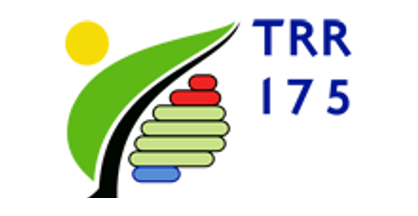
TRR 175: The Green Hub: Central Coordinator of Acclimation in Plants (Participation)
Applying institution: Ludwig-Maximilians-Universität München
Spokesperson: Prof. Dr. Dario Leister
Project: Regulation of Flavonoid Biosynthesis by Plastid-derived Signals (C06)
Collaborateur: Jun.-Prof. Dr. rer. nat. Andreas Richter
2021 - 2024
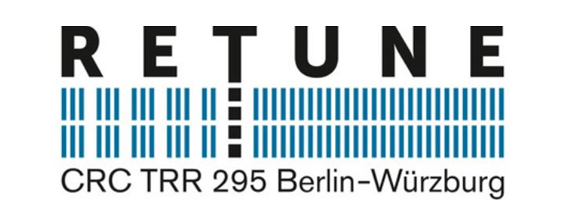
TRR 295: Retuning dynamic motor network disorders using neuromodulation (Participation)
Applying institution: Charité Universitätsmedizin Berlin
Spokesperson: Prof. Dr. med. Andrea Kühn
Project: Project development of Lead-DBS and advanced field modeling (S01)
Collaborateur: Prof. Dr. rer. nat. Urslua van Rienen
2020 - 2024
current funding
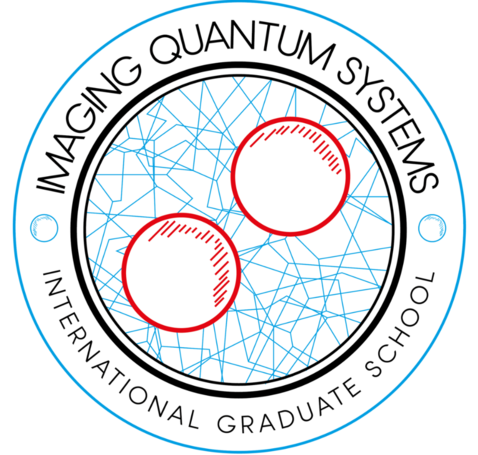
IRTG 2676: Imaging von Quantensystemen: Photonen, Moleküle und Materialien
Spokesperson: Prof. Dr. rer. nat. Stefan Scheel
since April 2023

MGK 1477: Light-Matter Interactions at Interfaces (LiMatI) (integrated Research Training Group of CRC 1477)
Spokesperson: Prof. Dr. rer. nat. Stefan Lochbrunner
since January 2022

IRTG 1270: Electrically Active Implants (ELAINE) (integrated Research Training Group of CRC 1270)
Spokesperson: Prof. Dr. med. habil. Alexander Storch
since July 2017
ended funding (since 2010)
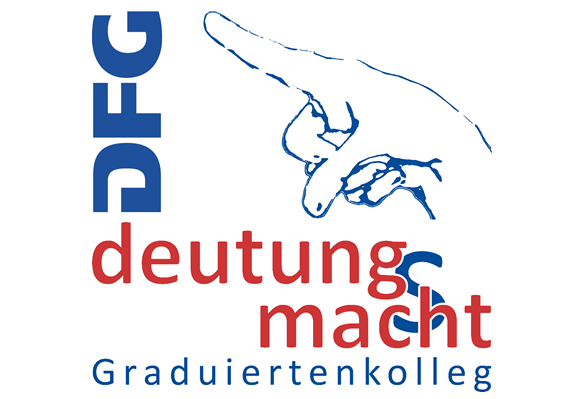
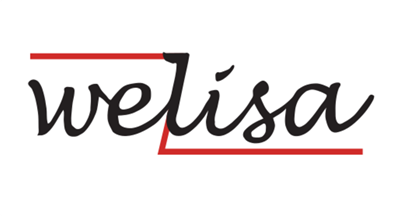
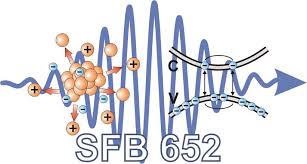
MGK 652: Strong Correlations and Collective Effects in Radiation Fields: Coulomb Systems, Clusters and Particles (Integrated graduate school of SFB 652)
Spokesperson: Prof. Dr. rer. nat. Stefan Lochbrunner
2009 - 2017

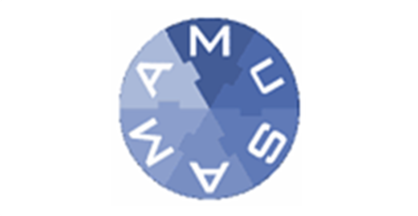
Further Research Training Groups of the University of Rostock whose funding ended before 2010 can be found in the DFG database GEPRIS. To get to the overview please click here.
FOR 2440: Matter Under Planetary Interior Conditions - High-Pressure, Planetary and Plasma Physics
Spokesperson: Prof. Dr. rer. nat. habil. Dr. h.c. Ronald Redmer
since January 2017
FOR 5538: Multistep Catalytic Production Systems for Fine Chemistry by Integrated Molecular, Material and Process Design (IMPD4Cat) (Participation)
Spokesperson: Prof. Dr.-Ing. Kai Sundmacher (Otto-von-Guericke-Universität Magdeburg)
Project at the UR: Selection, design and application of membrane processes for separation of reactions mixtures (since 2023)
Project leader: Prof. Dr. Udo Kragl
since 2023
FOR 5573: Dynamic Regulation of the Proton Motive Force in Photosynthesis (Participation)
Spokesperson: Prof. Dr. Michael Hippler (Westfälische Wilhelms-Universität Münster)
Project at the UR: Structural and functional analysis of NDH-1 supercomplexes (since 2023)
Project leader: Prof. Dr. Marc Nowaczyk, Dr. Jan Michael Schuller (Philipps-Universität Marburg)
since 2023
Spokesperson: Prof. Dr.-Ing. Frank Walther (Technische Universität Dortmund)
Project at the UMR: In-silico design of implants based on a multi-scale approach (since 2022)
Project leader: Dr. Mike Barbeck, Dr. Ole Jung
since 2022
FOR 5381: Mathematical Statistics in the Information Age - Statistical Efficiency and Computational Tractability (Participation)
Spokesperson: Prof. Dr. Angelika Rohde (Albert-Ludwigs-Universität Freiburg)
Project at the UR: Supersmooth functional data analysis and PCA-preprocessing (since 2021)
Project leader: Prof. Dr. Alexander Meister
since 2021
FOR 5138: Spiritual Intermediality in the Early Modern Period (Participation)
Spokesperson: Prof. Dr. Johann Anselm Steiger (Universität Hamburg)
Project at the UR: Representations of love in the Early Modern period seen against the backdrop of Baroque theory on symbolic art (since 2021)
Project leader: Prof. Dr. Stefanie Arend, Prof. Dr. Peter Schmidt (Universität Hamburg)
since 2021
FOR 5046: Integrated analysis of epithelial SLC26 anion transporters - from molecular structure to pathophysiology (Participation)
Spokesperson: Prof. Dr. Dominik Oliver (Philipps-Universität Marburg)
Project at the UMR: Regulation of SLC26 proteins by plasma membrane recycling and novel interacting proteins (since 2020)
Project leader: Prof. Dr. Hans Georg Lamprecht, Dr. Ilka Wittig (Goethe-Universität Frankfurt am Main, Universitätsklinikum)
since 2020
FOR 2686: Resilience in Religion and Spirituality. Endurance and the Formation of Powerlessness, Fear and Anxiety (Participation)
Spokesperson: Prof. Dr. Cornelia Richter (Rheinische Friedrich-Wilhelms-Universität Bonn)
Project at the UR: Resilience in prayer. Lament as a spiritual expression of fear and confidence (since September 2019)
Project leader: Prof. Dr. theol. Judith Gärtner
since 2019
FOR 2816: The Autotrophy-Heterotrophy Switch in Cyanobacteria: Coherent Decision-Making at Multiple Regulatory Layers (SCyCode) (Participation)
Spokesperson: Prof. Dr. Karl Forchhammer (Eberhard Karls Universität Tübingen)
Project at the UR: Metabolic regulation of carbon allocation from the CBB cycle under different CO2 supply (since May 2019)
Project leader: Prof. Dr. Martin Hagemann
since 2018
FOR 2591: Severity assessment in animal-based research (Participation)
Spokesperson: Prof. Dr. René H. Tolba (Universitätsklinikum Aachen)
Project at the UMR: Assessment of distress and refinement in animal models for gastrointestinal diseases (since 2017)
Project leader: Prof. Dr. Brigitte Vollmar, PD Dr. Dietmar Zechner
since 2017
FOR 2337: Denitrification in Agricultural Soils: Integrated Control and Modelling at Various Scales (DASIM) (Participation)
Spokesperson: Prof. Dr. Christoph Müller (Justus-Liebig-Universität Gießen)
Project at the UR: Denitrification in relation to soil nitrite and nitrate dynamics – towards source differentiation in undisturbed soil (since April 2016)
Project leader: Projektleitende: Prof. Dr. Christoph Müller (Justus-Liebig-Universität Gießen), Prof. Dr. Nicole Wrage-Mönnig
since 2016
Spokesperson: Prof. Dr. Georg Miehe (Philipps-Universität Marburg)
Project at the UR: Ground Beetles as human-independent landscape proxy (since November 2019)
Project leaders: Prof. Dr. Lars Opgenoorth (Philipps-Universität Marburg), Dr. rer. nat. Joachim Schmidt
since 2016
Further research units at or with participation of the University of Rostock that have already ended can be found in the DFG database GEPRIS. Please click here to get to the overview. um zur Übersicht zu gelangen.

SPP 1158: Antarctic Research with Comparable Investigations in Arctic Sea Ice Areas
Spokesperson: Prof. Dr. Ulf Karsten (since 2014)
since 2003
NFDI4Cat – NFDI for Catalysis-Related Sciences (Participation)
Applying institution: DECHEMA Gesellschaft für Chemische Technik und Biotechnologie e.V.
since 2020
Personal funding
ended funding
DiaLReDox – the regulation of the photosynthetic light reaction, light dependent retrograde signaling and redox dynamics in the diatom Phaeodactylum tricornutum
Applicant: Prof. Dr. Bernard Lepetit
Heisenberg Professorships since 2023
current funding
Rational Synthesis of Nanoheterostructures with Directional Properties
Applicant: Prof. Dr. Klaus Boldt
Heisenberg Professorships since 2021
New Approaches Toward Integrating Catalytic Processes and Modern Electrolyte Concepts into Electrosynthesis
Applicant: Dr. Robert Francke
Heisenberg Grants since 2020
Experimental Physics with focus on novel, two-dimensional materials and heterostructures
Applicant: Prof. Dr. Tobias Korn
Heisenberg Professorships since 2018
Already ended grants in the Heisenberg programme can be found in the DFG database GEPRIS. To get to the overview please click here.
Please use the research database to search for DFG projects in other funding lines (e.g. Individual Research Grants, etc.). Information on research options can be found here. In addition, the DFG database GEPRIS and GERiT, sorted by university institutions, are available to you.
Service Center Projects for Research, Education and Transfer (S1)
Dr. Doreen Schwarz
Team strategic reserach consulting (S1.1)
Universitätsplatz 1
18051 Rostock
Tel.: +49 (0) 381 498 1631
doreen.schwarzuni-rostockde
Kristin Arnold
Team Project Administration (S1.2)
Schwaansche Str. 2
18055 Rostock
Tel.: +49 (0) 381 498-1610
DFG Liaison Officer
Prof. Dr. Adelinde Uhrmacher
Tel.: +49 (0) 381 498 7610

